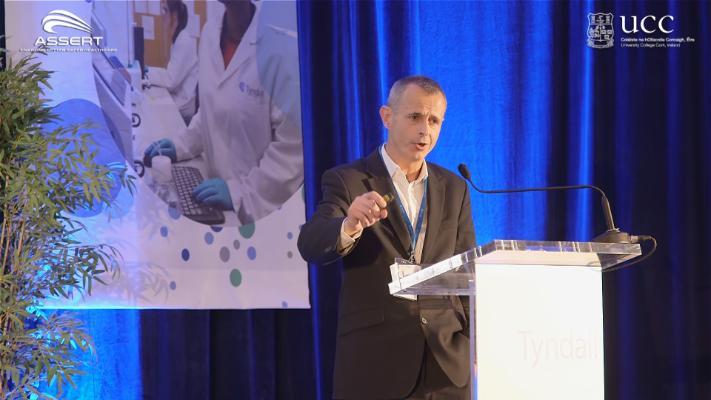Competency based training: A consensus statement

Anaesthesiology has become the first medical discipline in Europe to express a unified and comprehensive vision for Competency-based Training and Education (CBMET). In a Consensus Statement produced jointly by the European Board of Anaesthesiology (UEMS) and the European Society of Anaesthesiologists published in the European Journal of Anaesthesiology, the Statement expresses the need for and methodology required to change to CBMET.
The Statement, authored by UCC’s Professor George Shorten, Professors Edoardo de Robertis, President of the EBA (UEMS), Zeev Goldik , Immediate Past President of the ESA and others, places the need for change in training in context, explaining that the move from time-based to competency-based medical education has been driven by society’s requirement for greater accountability of medical practitioners and those who train them. With such diverse efforts underway around the world to improve the training of doctors, the Statement provides a clear “direction of travel” for the discipline. Key elements will be a curriculum which is built on or derives from shared, unambiguously defined learning objectives, each of which is associated with a measurable outcome. These specific outcomes are or will be expressed as milestones or competencies, each of which relates to one or more overall domain(s) of competence that together characterise good professional behaviour. The requirements of CBMET have led to the development of more scientifically rigorous forms of training and assessment.
Abstract
The change from time-based to competency-based medical education has been driven by society's requirement for greater accountability of medical practitioners and those who train them. The European Society of Anaesthesiology and European Section/Board of Anaesthesiology (Anaesthesiology Section of the European Union Medical Specialists) endorse the general principles of competency-based medical education and training (CBMET) outlined by the international competency-based medical education collaborators. A CBMET curriculum is built on unambiguously defined learning objectives, each of which offers a measurable outcome, amenable to assessment using valid and reliable tools. The European training requirements laid out by the European Board of Anaesthesiology define four 'Generic Competences', namely expert clinician, professional leader, academic scholar and inspired humanitarian. A CBMET programme should clearly document core competencies, defined end-points, proficiency standards, practical descriptions of teaching and assessment practices and an assessment plan. The assessment plan should balance the need to provide regular, multidimensional formative feedback to the trainee with the need to inform high stakes decisions. A trainee who has not achieved a proficiency standard should be provided with an individualised training plan to address specific competencies or deficits. Programme formats will inevitably differ given the constraints of scale and resource that apply in different settings. The resources necessary to develop and maintain a CBMET programme in anaesthesiology include human capital, access to clinical learning opportunities, information technology and physical infrastructure dedicated to training and education. Simulation facilities and faculty development require specific attention. Reflective practice is an important programme element that supports wellbeing, resilience and achievement of professional goals. CBMET programmes should enable establishment of a culture of lifelong learning for the anaesthesiology community.
